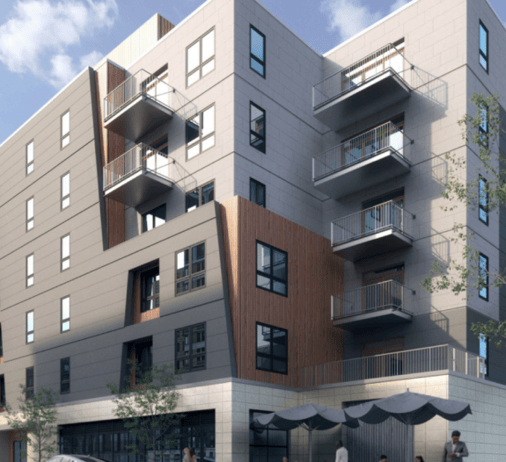What to Know Before You Purchase in an HOA Community
{This is a guest post.}
More than 63 million Americans reported residing in planned communities throughout the country in 2012. Though the concept of planned communities is popular in the U.S., it was actually conceived in 1898 by a Brit named Ebenezer Howard, and his dream of a utopian-like garden city, designed in advance and limited in size. Howard’s garden city idea planted the seed from which contemporary planned communities grew, and over the years, so has their popularity.
Contemporary planned communities, homeowner associations and cooperatives offer residents a wide array of perks, from community pools to gated security, but the standards and regulations of homeowner associations (HOA) vary from community to community, and can at times, make or break the decision to join a community. There are three fundamental points that a potential buyer should consider before purchasing a home or a lot in a planned community.
 Fees/Assessments
Fees/Assessments
In cities such as Pittsburgh, HOAs are usually governed by an appointed board of directors composed of homeowners in the community, so your real estate agent may not have all of the details. Check with the community manager or volunteer board member to request copies of the association’s Covenants, Conditions & Restrictions (CC&Rs) pertaining to their specific community. The CC&Rs will detail assessments or homeowner’s association fees, describe what is covered, when payments are due, and whether or not those fees are paid through the mortgage. Also ask how frequently these fees may be increased. The international organization Community Association Institute offers home buyers a community living manual to aid you in asking the right questions, but you can also learn more about your intended borough by venturing into it on foot.
Restrictions
A quick walk through the community could yield some information about restrictions enforced by the HOA, and observing what you do not see could tell you more than what you do. Some HOAs do not allow certain shades of paint, others restrict bulky satellite dishes or exterior antenna. If you have reviewed the CC&Rs of the development and still have questions, your potential neighbors may be able to offer you some insight about restrictions regarding property rental, pet policies, and exterior decor like fencing with fence Orlando and patios. Some communities adhere to age restrictions. Many active adult communities require that homeowners are 55 or older. In addition to retirement communities, there are also communities designed for other demographics with their own lists of restrictions, like conservation communities and green communities that have specifications on recycling and composting. In Pittsburgh, online discussion boards are a great resource for information on restrictions and best practices for these communities. Understanding the kind of community you are considering will aid in understanding the restrictions.
Regulations
In addition to restrictions, HOAs support numerous regulations within their communities. Because there are many rules and laws that govern planned communities, and because breaking these regulations can result in hefty fines, a clear understanding of these rules is vital. Ask the board representative what landscape regulations apply before you decide to buy. Approved landscape depends on the environment and the community. Ask what the parking rules are. Most HOAs fine for overnight street parking, and many do not allow cars to be parked on the streets for any length of time.
Swimming pools are another point of contention. Many communities have shared pools and restrict homeowners from building their own. If there is no community pool and you want to put one in your backyard, HOA regulations may narrow the options of pools you can have (in-ground or above ground) or require you have a salt water pool rather than a chlorine pool based on how much pool maintenance is necessary. Also, if you plan to build an in-ground pool, the HOA will likely manage the design and building plans before granting your request. Oftentimes, communities require pool fencing to ensure child safety.
Though the days of Ebenezer Howard’s garden cities are a long time gone, the dream of the utopia is alive and well, but to make sure you find the right utopian community for you, make sure you know the details of the planned community’s assessments, rules and regulations.

